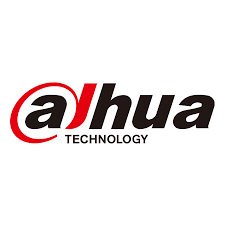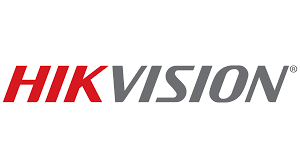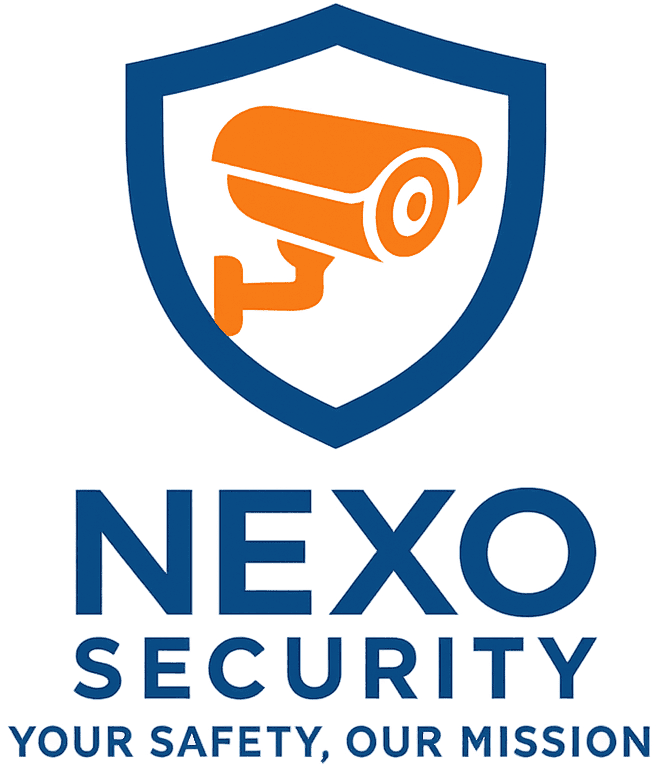Why Is London So Heavily Surveilled?
Walk through the streets of London and you’re never truly alone. From train stations and traffic lights to parks and pavements, one thing is clear: London is under the watchful eye of thousands of CCTV cameras. In fact, it’s often cited as one of the most surveilled cities in the world. But why is that? How did London become such a hotspot for surveillance, and what does it mean for the people who live there?
Let’s explore the roots, rationale, and repercussions of London’s deep surveillance culture.
A Brief History: Surveillance in the Name of Safety
London’s path to high surveillance began in earnest in the 1990s. While CCTV existed before, it was the rise of terrorism and public safety concerns that truly drove its expansion. The 1993 murder of James Bulger, caught in part on CCTV, shocked the nation and highlighted both the usefulness and limitations of video surveillance.
Later, the 7/7 London bombings in 2005 intensified the call for more cameras. In the years following the attacks, investment in surveillance surged, especially in public transport systems like the Tube and buses. The idea was simple: cameras help prevent crime and terrorism, or at the very least, assist in solving them after the fact.
The Numbers: How Surveilled Is London?
Estimates vary, but some reports suggest there are over 600,000 CCTV cameras in London, with tens of thousands in the city centre alone. London’s Congestion Charge Zone and Ultra Low Emission Zone (ULEZ) are also monitored by ANPR (Automatic Number Plate Recognition) cameras, further contributing to surveillance levels.
Compared to most other Western cities, this is significantly higher. For instance, studies have found that London rivals or exceeds cities like Beijing or Shanghai in camera density per square mile — a fact that surprises many.
The Justifications: Crime, Terrorism, and Technology
So why does London continue to invest so heavily in surveillance?
- Crime Prevention and Detection
Authorities argue that CCTV deters criminals and helps identify suspects quickly. Footage is routinely used in investigations and prosecutions. - Counterterrorism
London has been a repeated target of terrorist plots, and surveillance is seen as a front-line defense. Facial recognition, in particular, has been piloted in public areas to identify known threats. - Traffic Management
With initiatives like the Congestion Charge and ULEZ, cameras are essential for monitoring vehicles, reducing pollution, and enforcing road rules. - Technological Capability
Surveillance isn’t just about recording anymore — it’s about real-time data analysis. AI-powered cameras can detect unusual behaviour, track movement patterns, and even identify individuals using facial recognition.
The Critics: Erosion of Privacy and Civil Liberties
Of course, not everyone is on board. Civil rights organisations like Big Brother Watch argue that London’s surveillance network is a massive overreach — a “panopticon” in modern form. Concerns include:
- Lack of oversight and transparency
Who watches the watchers? Many argue that surveillance programs are poorly regulated and lack public accountability. - Facial recognition concerns
Trials of live facial recognition technology by the Metropolitan Police have raised alarms over accuracy, bias, and consent. Studies have shown higher error rates for ethnic minorities, raising ethical and legal issues. - Normalisation of surveillance
The fear isn’t just about being watched — it’s about becoming desensitised to it. If we grow used to cameras on every corner, what happens to our expectations of privacy?
The Future: More Cameras, Smarter Surveillance
With the rise of smart cities, 5G, and AI, London’s surveillance apparatus is only set to grow. Cameras may become less visible but more powerful — able to track individuals, predict behaviour, and interface with other data systems like social media or biometrics.
It’s not just about quantity anymore — it’s about quality and integration. A city where everything is connected could mean better services and safety — or it could mean unprecedented control.
Final Thoughts: A City Watched
London’s surveillance culture reflects a larger global trend: the trade-off between security and privacy. For many Londoners, cameras are simply part of daily life — a minor intrusion for greater peace of mind. For others, it’s a slippery slope toward a society where freedom is quietly eroded.
As technology advances and surveillance becomes more sophisticated, the conversation about how much is too much is more important than ever.
Services We offer?
1. Residential CCTV Installation
- Designed for homes, flats, and private properties
- Includes front door cameras, driveway coverage, garden monitoring
- Remote viewing via smartphone apps
2. Commercial CCTV Installation
- For offices, retail shops, warehouses, and commercial buildings
- Multi-camera systems, access control integration, and real-time monitoring
3. Industrial & Construction Site CCTV
- Heavy-duty cameras with vandal-proof and weather-resistant housings
- Temporary or permanent setups with mobile CCTV towers
- 24/7 remote access and recording
4. Wireless CCTV Camera Installation
- Ideal for properties without easy cabling routes
- Wi-Fi enabled cameras for flexible placement
- Faster installation and remote management
5. IP CCTV Camera Systems
- High-definition, network-based surveillance
- Scalability for multi-site businesses
- Supports cloud storage and analytics features
6. Night Vision & Infrared CCTV Installation
- Enhanced visibility in low-light or no-light conditions
- Suitable for car parks, alleys, and back entrances
7. PTZ (Pan-Tilt-Zoom) Camera Installation
- Allows operators to control the camera movement and zoom
- Great for monitoring large areas like warehouses or public spaces
8. 4K Ultra HD CCTV Installation
- Crystal-clear video quality for detailed monitoring
- Useful for identifying faces, license plates, etc.
9. Remote Monitoring & Maintenance Services
- Continuous system health checks
- 24/7 monitoring by security professionals
- Alerts for motion, tampering, or disconnection
Popular CCTV Camera Brands











CLIENTS REVIEWS
What Our Clients Says
EXCELLENTTrustindex verifies that the original source of the review is Google. We needed cctv installation at our home in London, we just called them in morning and everything was done so perfectly same day. They have placed everything soo well and at right place. Thanks for your service and I am happy we called them for the job.Trustindex verifies that the original source of the review is Google. Nexo Security is one stop solution for all types of security concern, and they are doing it pretty well and I have absolutely no hesitation to give them 5 star rating.Trustindex verifies that the original source of the review is Google. I recommend Nexo, for surveillance services. Their Guards are very nice and professional.Trustindex verifies that the original source of the review is Google. They have done a nice job, team is very professional and pricing is good.
Fequently Asked Questions
Is it legal to install CCTV on my London property?
Do I need a professional to install my CCTV system, or can I do it myself?
While DIY CCTV kits are available, professional installation by Nexo Security ensures proper camera placement, reliable system setup, and legal compliance — especially in London’s densely built areas. Our trained engineers guarantee a secure, seamless, and fully operational system.
What types of CCTV systems does Nexo Security install?
Nexo Security offers a wide range of CCTV solutions, including:
- Wired and wireless systems
- HD and 4K cameras
- Remote access via smartphone apps
- Night vision and motion detection
- Commercial-grade systems for businesses
We tailor each system to your needs, whether it’s for a home, office, or retail space in London.
Will I be able to monitor my CCTV cameras remotely?
Does Nexo Security offer maintenance or support after installation?
Absolutely. We provide ongoing maintenance, technical support, and system upgrades to ensure your CCTV system stays secure and up to date. We also offer annual service packages for both residential and commercial clients across London
